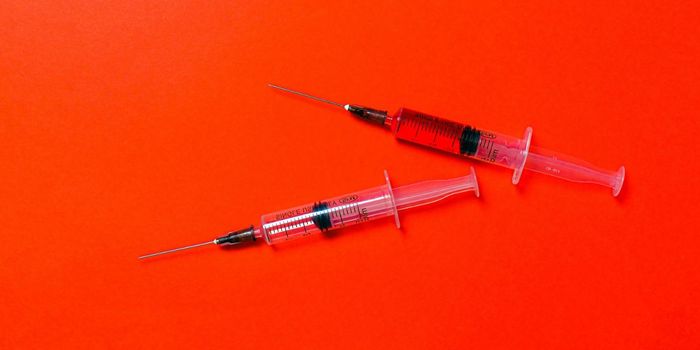If You Consume Edibles, Here's What to Watch Out For

Synthetic cannabinoids, otherwise known as fake weed, are human-made chemicals created to mimic the effects of THC. These fake cannabinoids are typically infused into edible products, sprayed on dried plant material that can be smoked, or sold as liquid for vaping.
Edibles are a popular category in which fake weed is sold since it is so easy to disguise the synthetic cannabinoids in the product. As a result, fake weed has been increasingly turning up worldwide in gummies, sweets, and other edibles, products that are marketed and sold as containing real, traditional THC.
Authorities are concerned because fake weed is not safe. It can affect the brain more intensely than real THC. Additionally, since these fake cannabinoids are created in an unlicensed lab, they are not regulated, and their effects can be unpredictable, dangerous, and life-threatening. Consumers who ingest products containing fake weed may experience severe side effects such as rapid heart rate, vomiting, agitation, confusion, or hallucinations.
It is important that consumers buy their products, especially edibles, from a licensed, reputable dispensary so that they can avoid accidentally buying synthetic cannabinoids. A dispensary – one that has been licensed by the state in which it resides - will confirm that the products they sell have been created and tested by licensed facilities, and that all ingredients are real, safe, and accurately accounted for. Dispensaries will also help consumers avoid fake products and any associated health risks.
Sources: National Institute on Drug Abuse, Food Safety News, CDC








